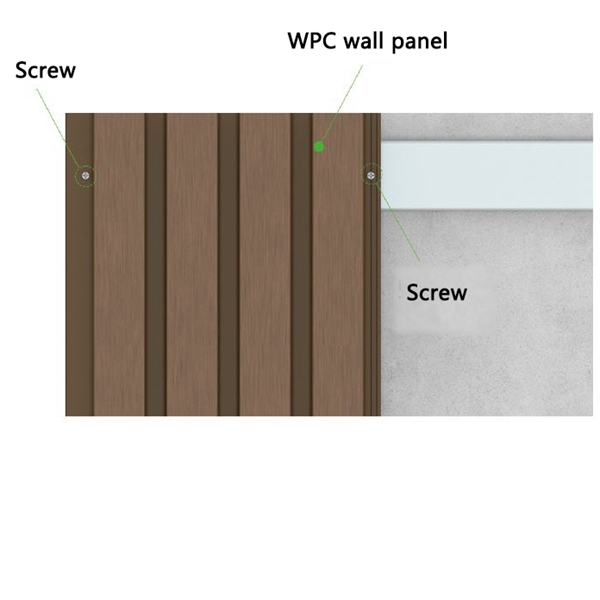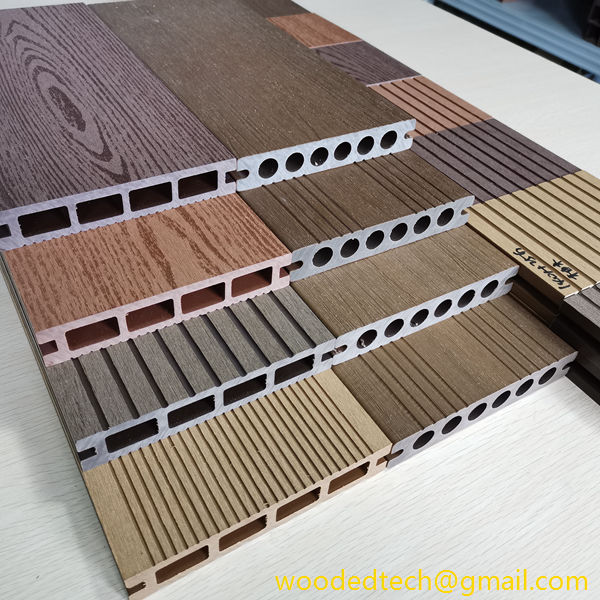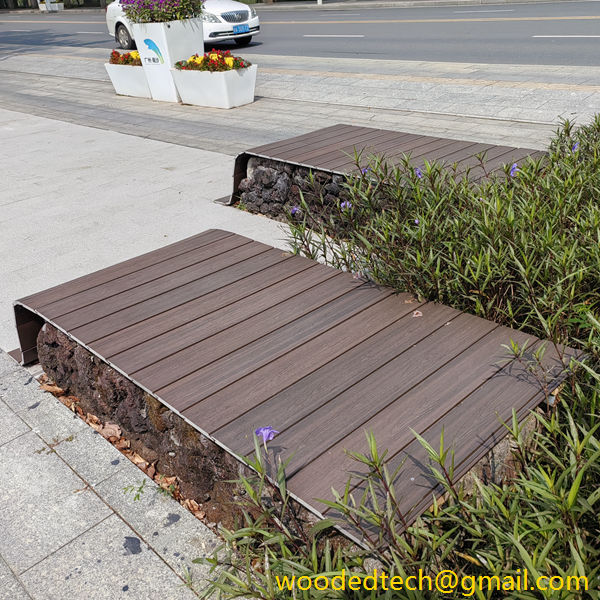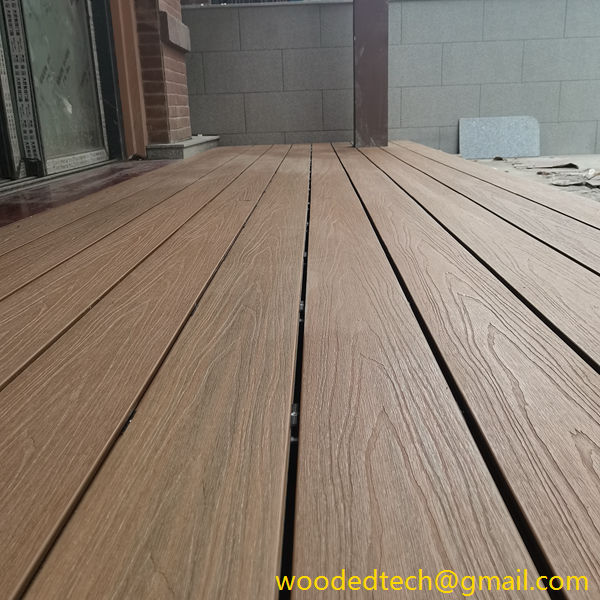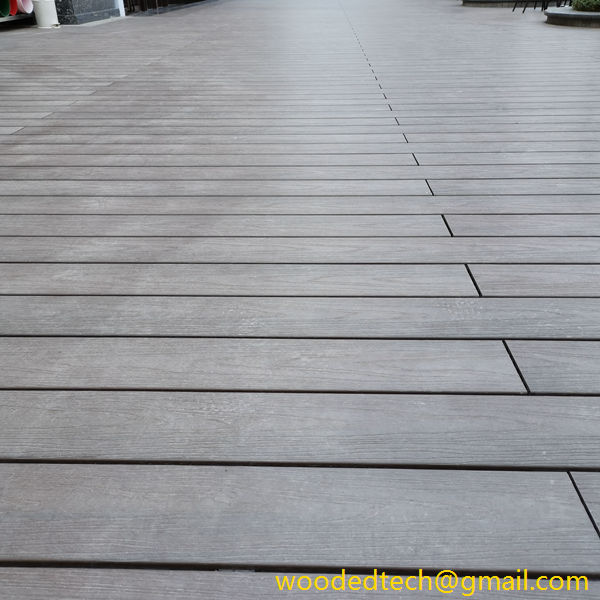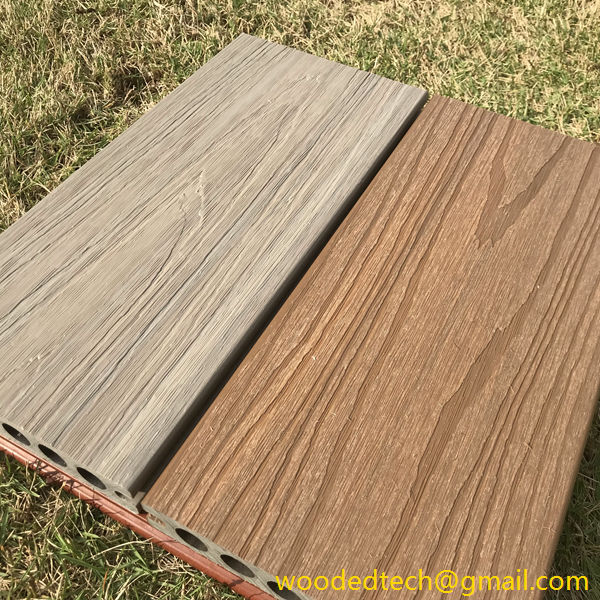Understanding WPC Decking Price Factors and How to Budget for Your Outdoor Project
When considering an outdoor project, particularly one involving the installation of decking, understanding the various factors that influence the price of Wood Plastic Composite (WPC) decking is crucial. WPC decking has gained popularity due to its durability, low maintenance requirements, and aesthetic appeal. However, before diving into your project, it is essential to grasp the price factors associated with WPC decking and how to budget effectively.
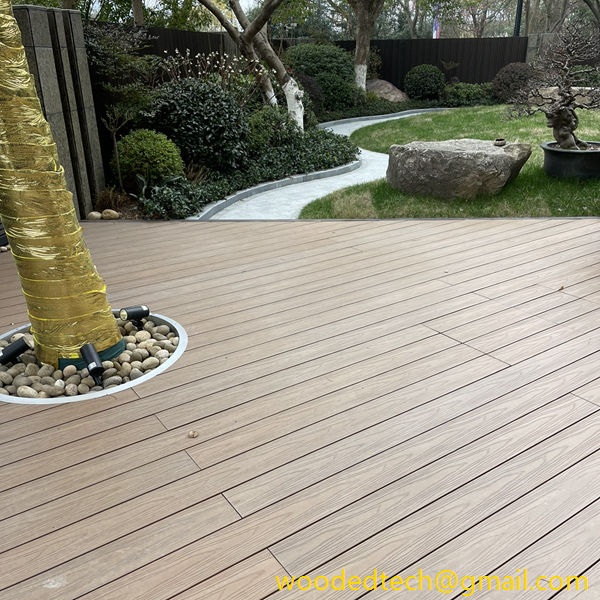
One of the primary factors that impact the price of WPC decking is the material composition. WPC is typically made from a blend of wood fibers and plastic, which can vary in quality. Higher quality materials tend to be more expensive but often provide better durability and longevity. It is vital to consider the type of wood fiber used in the composition. Some manufacturers use recycled materials, which can lower costs but may not always provide the same level of performance as virgin materials. Understanding the differences in material quality can help you make informed decisions that align with your budget and project goals.
Another significant factor affecting the price is the brand reputation and manufacturer. Established brands may charge a premium for their products due to their commitment to quality and customer service. On the other hand, lesser-known brands might offer more competitive pricing but could compromise on quality or warranty support. Researching various brands and reading customer reviews can provide valuable insights into their performance and reliability. This research is essential to ensure that you select a brand that not only fits your budget but also meets your long-term expectations.
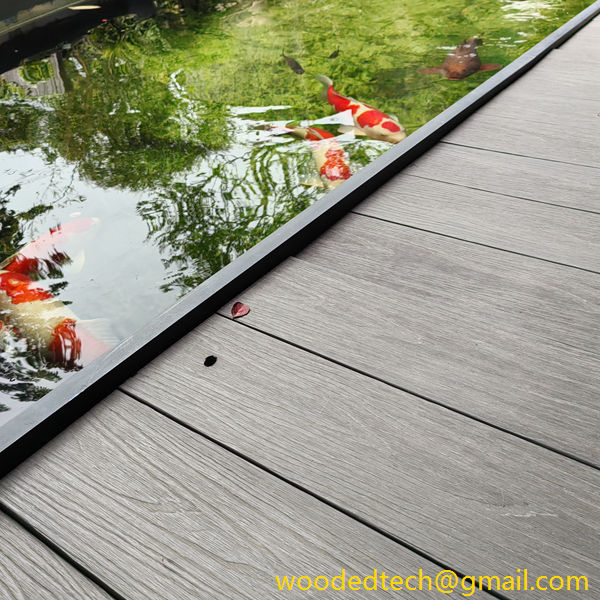
The design and style of the WPC decking can also influence its price. Decking boards come in various colors, textures, and finishes. More intricate designs or unique colors may come with a higher price tag. Additionally, some manufacturers offer customizable options that allow you to tailor the decking to your specific preferences. While these options can enhance the visual appeal of your outdoor space, they can also significantly increase costs. Therefore, it is crucial to assess your design preferences in relation to your budget to avoid overspending.
Installation costs should not be overlooked when budgeting for your WPC decking project. While some homeowners may be inclined to undertake a DIY approach, it is essential to consider the complexity of the installation process. WPC decking may require specialized tools or techniques that could make a DIY installation more challenging than anticipated. Hiring a professional installer can ensure that the job is done correctly, but labor costs can vary widely based on location and the contractor’s experience. Obtaining multiple quotes from different contractors can help you gauge the average installation costs in your area and make informed decisions.
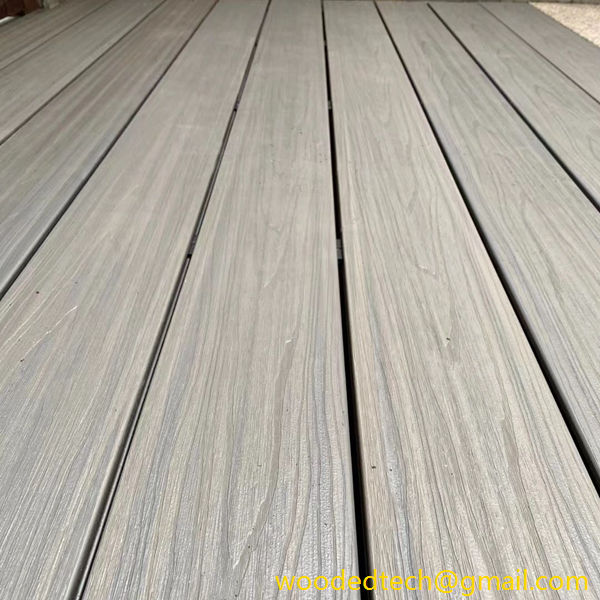
The size of your decking area will also directly impact the overall cost. Larger spaces will require more materials, which naturally increases the total expenses. When planning your project, measure the intended decking area accurately to calculate the required amount of WPC decking. Additionally, consider any patterns or layouts that may require more material than a simple rectangular design. This detailed planning can help you avoid unexpected costs later in the project.
Another factor that can affect the price of WPC decking is the availability of local suppliers. Depending on your location, finding specific brands or types of WPC decking may be more challenging, leading to higher shipping costs if products need to be transported from distant suppliers. Researching local suppliers and comparing prices can help you identify the most cost-effective options. Additionally, purchasing materials during off-peak seasons or promotional sales can yield significant savings, allowing you to stretch your budget further.
Maintenance considerations should also be factored into your budget. While WPC decking is known for its low maintenance requirements compared to traditional wood decking, there are still costs associated with cleaning products, sealants, or occasional repairs. Understanding these ongoing costs can help you create a more accurate budget for your outdoor project. It is advisable to ask manufacturers or contractors about recommended maintenance practices and any associated costs to ensure that you are prepared for future expenses.
Lastly, it is essential to set a realistic budget that accounts for all these factors while allowing for some flexibility. Unexpected expenses can arise during any outdoor project, so having a contingency fund is wise. A common rule of thumb is to set aside an additional ten to twenty percent of your overall budget for unforeseen costs. This approach can help alleviate stress and keep your project on track financially.
In conclusion, understanding the various factors that influence the price of WPC decking is crucial for effectively budgeting your outdoor project. By considering material composition, brand reputation, design preferences, installation costs, size of the decking area, local supplier availability, and maintenance expenses, you can create a comprehensive budget that aligns with your project goals. Additionally, setting aside a contingency fund will ensure that you are prepared for any unexpected costs that may arise. With careful planning and research, you can create a beautiful and functional outdoor space that fits your budget and enhances your home for years to come.

